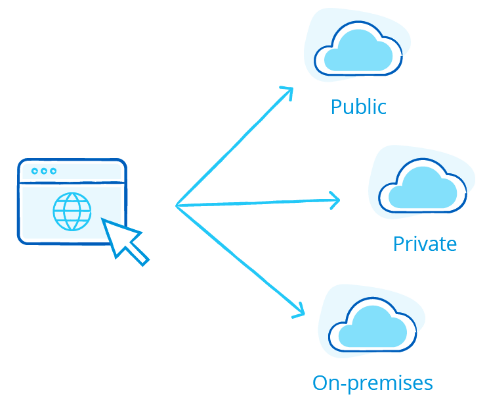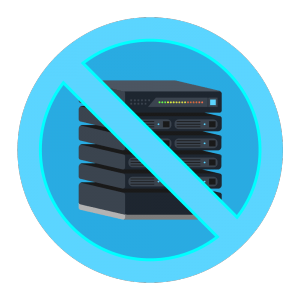In part 1 of this blog series on data protection for Kubernetes and cloud native applications, we addressed the need for Data Protection for Containerized Applications. Given that the leading Kubernetes distributions and managed cloud services do not include native capabilities for data protection and disaster recovery, service providers and enterprises need additional data management tools such as CloudCasa to provide these.
In part 2 of this blog series, we discussed What’s different about CloudCasa and Data Protection for Kubernetes. The management of Kubernetes deployments is currently dominated by developers and DevOps engineers who usually don’t deal with data protection solutions. Further, IT organizations are just starting to catch up with the DevOps teams on what is needed to support the deployment and management of cloud-native business applications.
In this part 3 blog we’ll talk about additional design considerations for CloudCasa that make it a unique and compelling data protection and disaster recovery solution for cloud native applications, including its:
- support for all major distributions and managed Kubernetes services
- multi-cloud and hybrid cloud support
- support for serverless databases
Supports all Major Distributions and Managed Kubernetes Services
CloudCasa supports all major Kubernetes managed cloud services and distributions, provided they are based on Kubernetes 1.13 or above. Supported cloud services include Amazon EKS, Digital Ocean, Google GKE, IBM Cloud Kubernetes Service, and Microsoft AKS. Supported Kubernetes distributions include D2IQ, Kubernetes.io, Red Hat OpenShift, SUSE Rancher, and VMware Tanzu Kubernetes Grid. Multiple worker node architectures are supported, including x86-64, ARM, and S390x.
Just because a Kubernetes distribution or managed cloud service isn’t listed here does not mean that CloudCasa will not work with it. We expect that nearly any variant of Kubernetes based on version 1.13 or higher will be compatible with CloudCasa.

Multi-Cloud and Hybrid Cloud Support
CloudCasa supports all major Kubernetes managed cloud services and distributions, provided they are based on Kubernetes 1.13 or above. Supported cloud services include Amazon EKS, Digital Ocean, Google GKE, IBM Cloud Kubernetes Service, and Microsoft AKS. Supported Kubernetes distributions include D2IQ, Kubernetes.io, Red Hat OpenShift, SUSE Rancher, and VMware Tanzu Kubernetes Grid. Multiple worker node architectures are supported, including x86-64, ARM, and S390x.
Just because a Kubernetes distribution or managed cloud service isn’t listed here does not mean that CloudCasa will not work with it. We expect that nearly any variant of Kubernetes based on version 1.13 or higher will be compatible with CloudCasa.

Support for Serverless Databases
In cloud native applications, containers running under Kubernetes often make use of serverless databases or managed database services outside of the cluster. This can speed application development and deployment, but it can further complicate the picture when it comes to data protection and disaster recovery. It is important to make sure that you are capturing all of your application’s state via integrated and consistent snapshots of all of your application’s disparate components. This includes databases, regardless of whether they reside in Kubernetes or the cloud provider’s infrastructure.
Further, applications need to be protected in separate geographies and access domains. While it is usually easy to make serverless components redundant both within and across regions, it is important not to confuse redundancy with true data protection and disaster recovery capability, which protects against human errors and/or intentional harm from bad players. It can also be more difficult to identify failure domains when you are using serverless components than with more traditional infrastructure.
